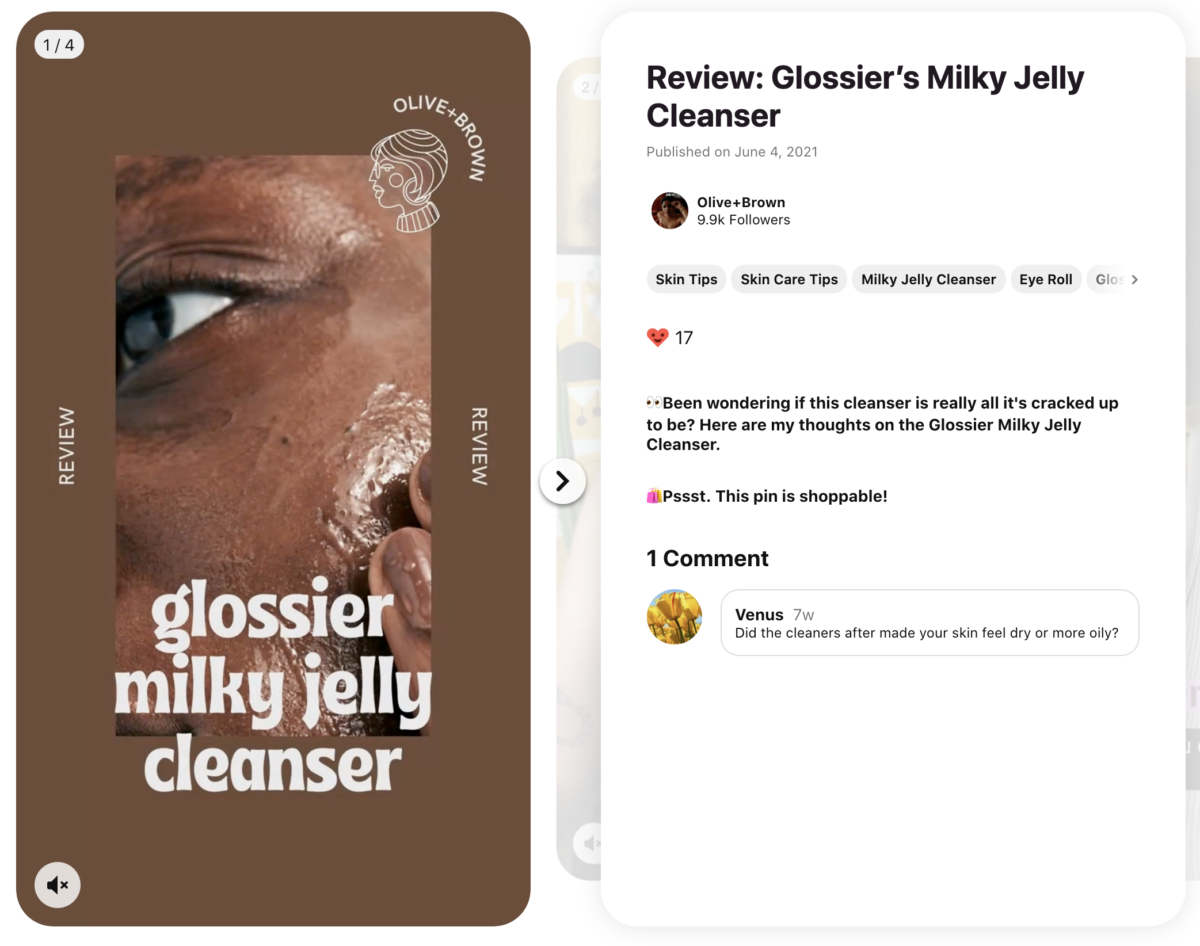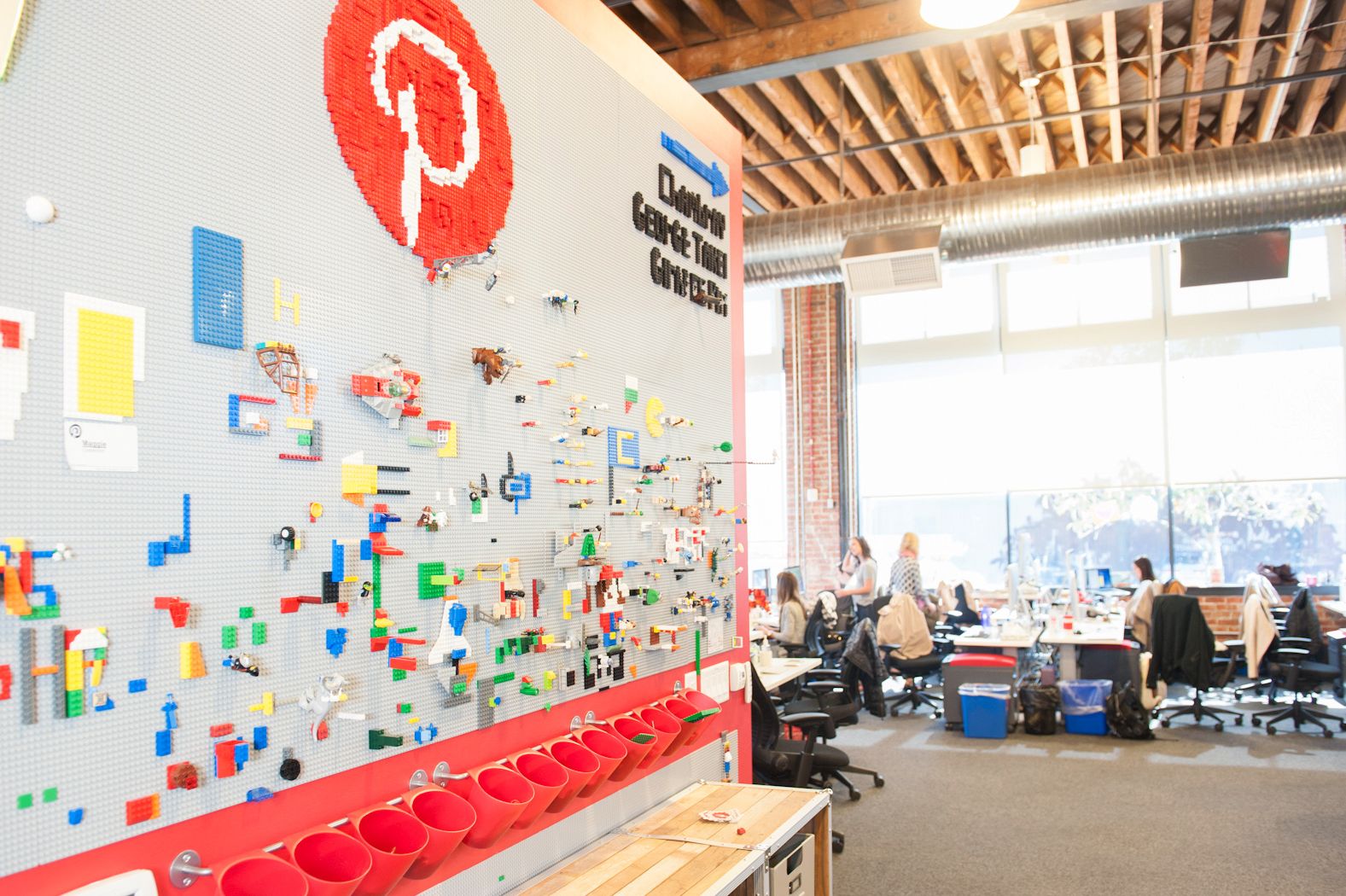The popular image-sharing social network Pinterest has announced that it is introducing new tools allowing content creators to monetise their posts through affiliate links, product tags, and paid partnerships, in what can be seen as a signifier of broader shifts in the digital media landscape.
Pinterest content creators can now take a cut from sales they promote through affiliate links, as well as by promoting products already available on Pinterest Business accounts.

Influencers can browse available product pins and integrate them into their ‘Idea Pins’, creating content that shows how the product can be used.
A new ‘paid partnerships’ label has also been introduced to support sponsorships within Idea Pins.
For now, most of these tools are limited to the US and UK markets.
The new tools make it easier for content creators to make money off the things they were promoting anyway, and also facilitate the purchase process for potential buyers.
The move comes as image-based social media competitors are increasingly targeting online shopping possibilities to generate money, with Instagram for example recently creating a new shopping tab in its app.
Pinterest saw year-on-year revenues jump by 78 per cent between Q1 2020 and Q1 2021, benefitting, like other tech companies, from the shift online experienced during the COVID-19 pandemic.
The social network, which boasted 478 million monthly active users during the first quarter of 2021, an increase of 30 per cent over the corresponding period of the previous year, is hoping that the ever-increasing ecommerce market will allow it to turn a consistent quarterly profit, which has eluded it since its founding.
The San Francisco-based company only managed to post a profit three times in the 17 quarters since the beginning of 2017.
The move can be understood as another milestone in the unfolding of Web 2.0, which focuses on user-generated content, as all major social networks now have ways for people to get paid to post on their platforms.
Getting paid to post on social media was an alien concept just 10 years ago, an indicator of shifting norms in the fast-paced digital sector.
European Parliament adopts regulation making it easier for companies to be paid on time
The maximum credit term under the new Late Payment Regulation is to up to 120 days, for some sectors
French ATC strike forces Ryanair to cancel over 300 flights, affecting 50,000 passengers
The low-cost carrier is demanding the EU carries out reforms to ensure travel continues undisrupted
Valletta ranks 8th most expensive European capital city to live in – study
While London is the most expensive, Bucharest is the most affordable






